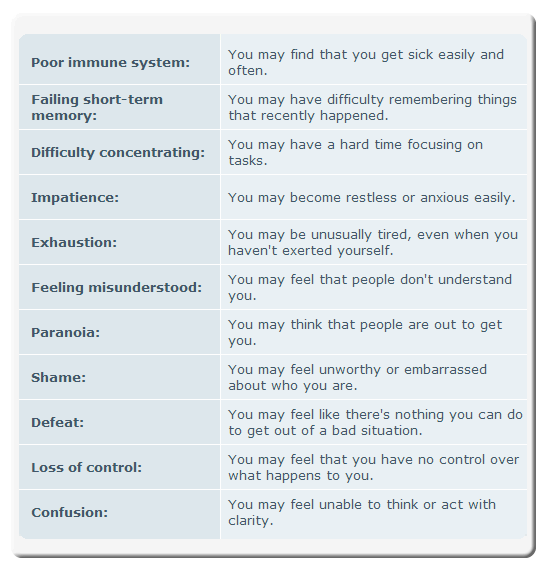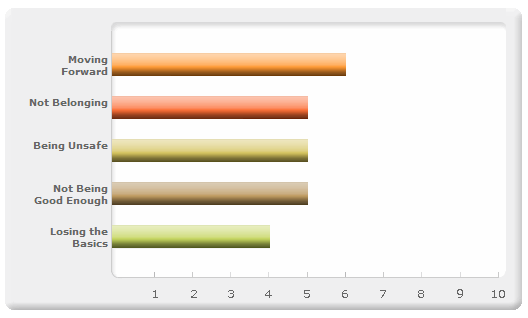Tests Results
- Your Sexual Persona
- Your Personality Type
- Your 5 Factor Personality Report
- The Brain Test
- Emodes Original Inkblot Test
- Comprehensive IQ Report
- Career Interest
- Your Chakra Reading
- Your Emocional IQ Report
- What's Behind Your Emotions?
- Your Enneagram Report
- Your Motivation Report
- Your Picture Personality Report
- Your Plan for Happiness Report
- Your Destity Reading
- The Best Qualites Report
- Your Career Interest Report
- Your Freudian Analisis Report
- Your 7 Secrets of Success Report
- Your Career Personality Type Report
- Your Corporate Culture Report
- Fear Report
- Your Multiple Intelligences Report
- Your Picture Personlity Report
- Your Power Quotient Report
- Your Social Networking Report
- Your Subconscious Mind Analysis
- Your Super IQ Report
- Your True Talent Report
- Your Right Job Report
Who excuse his actions by destiny and indulge yourself, this deserves to make mistakes.
Cum sociis natoque
— Seneca the Younger,
Lucius Annaeus Seneca, called Philosopher,
(4 BC - 65 AD)
Motto
Almost anyone fate did not bestow great and continual success. Only the happiness that comes easily, is persistent and accompanied us to the end. Seneca the Younger (born Lucius Annaeus Seneca, called. Philosopher, 4 BC - 65 AD)
Fear Report
Rafal, your primary fear is

This means that your fears are strongest when it comes to change, success, or personal commitment. When you are afraid of moving forward, you are allowing yourself to stagnate in your comfort zone.
This fear may manifest in myriad ways, but at its center is the sense that you're either unwilling or unable to get to the next level in life. You may have grown up feeling that good is always followed by bad. Or perhaps you subscribe to the belief that what goes up must come down. Whatever the reason, when things are going well — or even just all right — you would probably prefer to maintain the status quo than to take a risk. You might fear that one false move could take away all the happiness and security that you've worked for. You may also simply be afraid of facing the unknown. When forces outside of you push you to change, your tendency can be to become overwhelmed or to stay in denial.
Believe it or not, there are certain benefits that can come along with the fear of moving forward. For one, you may act humbly about your achievements because you don't want to bring undue attention to your successes. You may also be a very collaborative team player, because you rarely feel the need to take the lead. People around you might describe you as content or easy to please. After all, when you're not looking to move ahead in life, where you are can look just fine.
Still, because the fear of moving forward is a large one for you, its negative effects are likely to outweigh the positive ones. An overactive fear can cause you to become stuck in a cycle, which feeds and worsens the fear, inhibiting you from moving past it. When you allow your fears to get out of control, they can become overwhelming. You may find yourself feeling confused, uneasy about your life's purpose, or even depressed.
When fears take hold, they can affect all aspects of your life. Professionally, you may begin to feel very scattered. You might also have trouble identifying a career track or larger purpose for your work. On the personal front, you may have difficulty initiating or staying in relationships, no matter how satisfying they are. At its worst, this inability to connect deeply can leave you feeling empty and alone.
Fortunately, most people don't let their fears grow to these levels. Still, everyone could use advice on how to lessen fear's negative influence so that they can truly enjoy life. Take, for example, Jordan.
Jordan was an extremely talented singer who was part of the local church choir. Although he was truly gifted, he held back when he sang with the group. He was afraid that if he sang to his full potential, the other choir members would be discouraged and/or see him as a show-off. For most of the year, the choir director allowed Jordan to languish in the back row. However, when the Christmas concert was approaching, the choir director pulled Jordan aside to see why he was burying his gift. Jordan tried to explain his hesitation to sing solos, but as he said it out loud, his reasons started sounding more and more ridiculous. He and the choir director had a good laugh. The choir director explained that when Jordan allowed his gift to shine, he gave other people inspiration to let their gifts shine, too. From then on, Jordan took a new view of his talents and was on a path to explore and celebrate his gifts.
Jordan is a prime example of someone who learned to overcome his fear of moving ahead. He took control of his fears by changing his perspective. One of the first ways you can help yourself get out from under fear's adverse influence is to recognize it.
You know what it feels like when you are afraid: Your heart races, you sweat, your breath stills or quickens. These body changes are real and tangible. But did you know that fear changes your brain chemistry, as well? When you're afraid, your brain prepares you for a "flight or fight" response, whereby you can either get away from what you're afraid of or combat it. If there's an immediate threat to your life and limb, like encountering an attacker or a dangerous animal, this response can be a good thing. But when your body begins to create this reaction time and again in response to imagined or nonlethal threats, it can be damaging to your health and well-being. What exactly does a steady stream of fear do to you over time? Take a look at the potential effects. A continual high level of fear and anxiety can result in:

In addition to your primary fear, other fear groups affect you to varying degrees. Tickle has identified five major areas of fear that occur in most people. Understand that it's completely normal to have some level of fear in each one. There's no need to become alarmed if your score indicates a certain amount of fear in an area where you feel confident and self-assured. That's natural. Also, note that this test was not designed to measure clinical levels of anxiety. If you scored very high in one or more fear areas and feel that you have an unusually high level of fear and anxiety, you may want to consider seeking professional help.
In the graph below, you can examine your fear scores in relation to one another:

Your score on the moving forward scale is 6. This scale measures your fear of change, success, or personal commitment.
Your score on the not belonging scale is 5. This scale measures your fear of being an outcast, not being needed, or being unloved.
Your score on the being unsafe scale is 5. This scale measures your fear of being attacked, victimized, punished, or hurting someone else.
Your score on the not being good enough scale is 5. This scale measures your fear of not measuring up to your own standards, being a failure, or embarrassing yourself in front of other people.
Your score on the losing the basics scale is 4. This scale measures your fears of death and illness, losing your shelter, or compromising your sustenance.